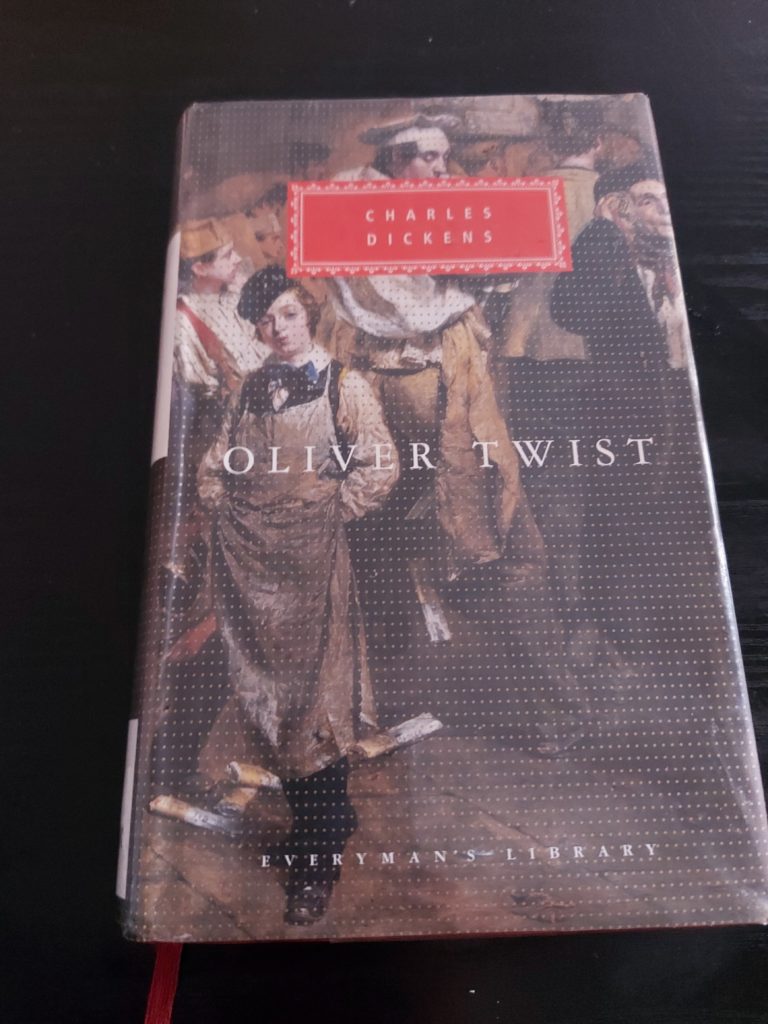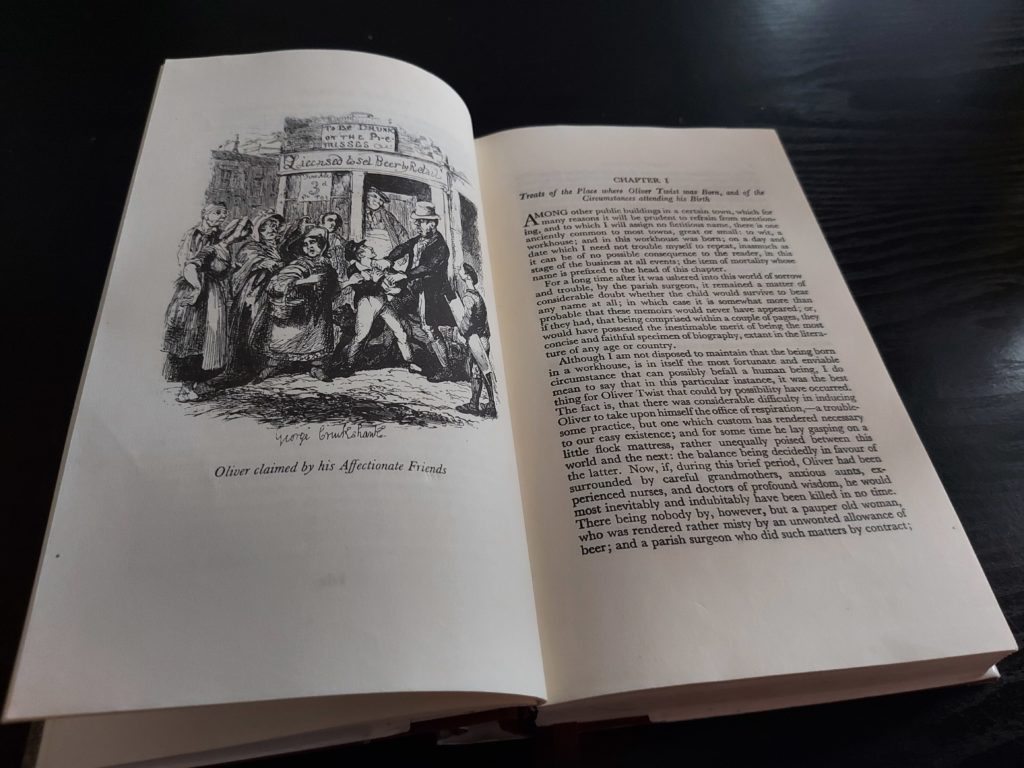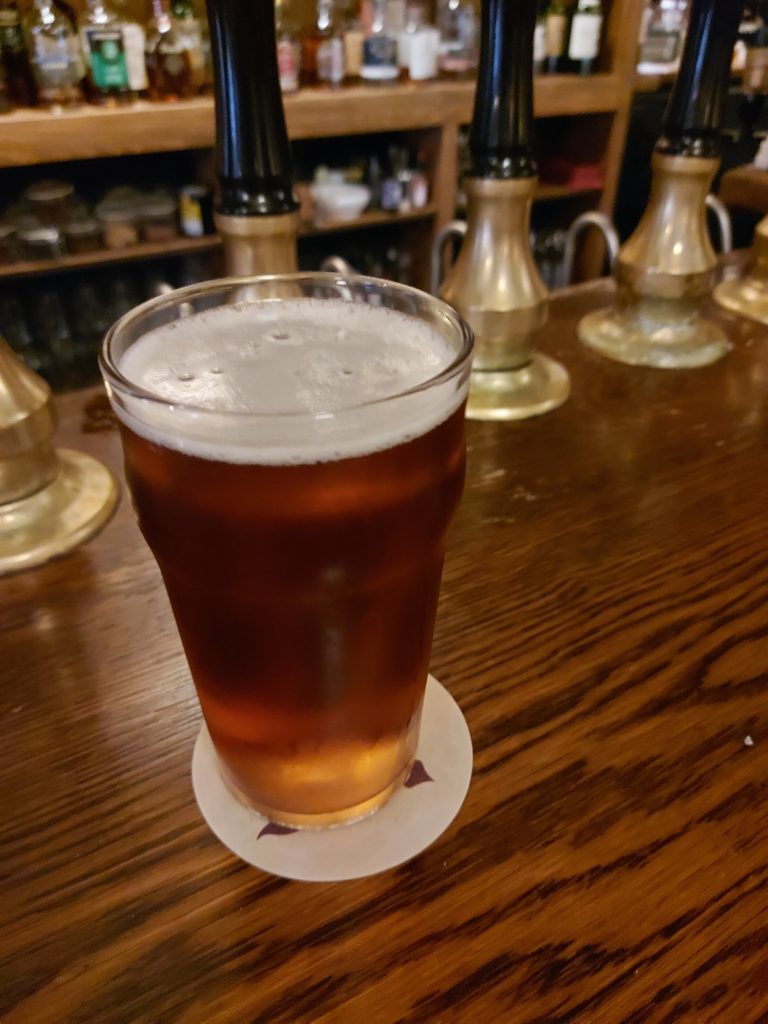watch
Withnail and I, (Bruce Robinson) Richard E. Grant, Paul McGann, Ralph Brown, Richard Griffiths 1987
It’s the end of the 1960’s. The gloriously scuzzy decade that birthed counterculture, anti-authoritarianism and the sexual revolution. The world has changed irrevocably along with those who lived through it. An era is drawing to a shuddering halt and a pair of out-of-work London actors have little to show for their toils save an increasing pile of rodent-infested dirty dishes and a growing dependency on alcohol. Winter beckons, and making time in the rain waiting for the pubs to open, Marwood (McGann) floats the idea of a weekend country retreat to Withnail (Grant). Thus begins writer/director Robinson’s bleakly hilarious ode to youthful aimlessness.
The trip, which is intended to rejuvenate the flagging pair, has no such effect as the cumulative effect of thunderstorms, nasty locals and Withnail’s predatory uncle transpires to wreak havoc on the proposed tranquility. The travails of our hapless pair would be thoroughly depressing if they weren’t so frequently amusing, Marwood’s attempts to salvage the excursion constantly undermined by his friend’s selfish despair. At one point Withnail delightfully surmises the duo’s plight by tearfully explaining to a neighbouring farmer “we’ve gone on holiday by mistake.” Robinson’s script is endlessly quotable .
In the title character, he has created one of cinema’s most memorable rascals, a no-account hedonist whose taste for the good life is unmatched by any sort of talent or work ethic. As he and his long suffering companion return home for the final third of the movie, a sense of a place in time drawing to a close is palpable. As such it exists as a joyous nostalgia trip for Brits of a certain age. For me it provided nostalgia too, that of a place that I once knew quite well, but one that has receded into the rearview in recent years. A place of rotten weather, unashamedly plain food, warm beer and superlative comedy. 4.5/5
stream@:https://www.dailymotion.com/video/x4o5ema
The Gentlemen, (Guy Ritchie) Mathew McConaughey, Charlie Hunnam, Colin Farrell, Hugh Grant 2019
Ritchie returns to his old stomping grounds and finds them to be more fertile than perhaps most expected. His tale of a low caste Yank who builds a Marijuana empire on the mean streets of London (where else?) before attempting to sell it for a neat sum in advance of the inevitable decriminalization of the product is overly convoluted and at times unnecessarily nasty, but pulls off a landing that eventually provides a satisfying whole. The plot machinations lead the viewer down many a dark tunnel and Ritchie is right in his element introducing us to yet another gallery of unrepentant rogues.
McConaughey in the lead role has a kilo of fun in his fish-out-of water surroundings as the weed baron attempts to offload his business amidst a rising tide of scheming. Equally fun are Michelle Dockery as his tough-talking wife (”there’s fuckery afoot”) and Farrell as the feared and loved in equal measure local boxing coach. The ever likeable Grant however feels miscast and forced in his role as a sleazy private investigator playing all sides against the middle.
The movie takes its sweet time getting started and threatens to get bogged down at times as too many growers nearly ruin the crop. However, Ritchie’s witty script keeps things afloat whilst not quite over-loading on the kind of linguistic cockney tropes generally deployed to charm non-British viewers with their cutesy quaintness. All told, an enjoyable outing which is just about equal to the sum of its many parts. 3.5/5
stream@: https://www.primevideo.com/search/ref=atv_nb_sr?phrase=the+gentlemen&ie=UTF8
The King’s Speech, (Tom Hooper) Colin Firth, Geoffrey Rush, Helena Bonham Carter, Guy Pearce. 2010
Looking back at Hooper’s enjoyably slight best picture winner a decade on, it’s tempting to wonder what precisely all the fuss was about. It’s difficult to have any real qualms with the King’s Speech in much the same way as it’s difficult to really love it. A movie about an impossibly wealthy middle-aged Briton with a lifelong case of the willies enlisting an unqualified Aussie to help him nail his public speaking duties is hard to care a great deal about. That it succeeds to the degree it does (which is not insubstantial ) is largely down to its stellar performers and dialogue. That it would eventually all but sweep the Oscars and gross in excess of $400 million USD is still a head scratcher though: I mean, people love the royals and all but really? The kind of anti-monarch/white privilege social media campaign that today might derail such a film’s chances was nowhere to be found in 2010 and The King’s Speech romped home in awards season. It was a simpler time in many ways. Thus the Social Network went largely unrewarded and The Fighter had to make do with supporting actor gongs (this particular unqualified Aussie is still salty about the near complete dismissal of Daniel Michod’s Animal Kingdom.)
Yet if watching “King’s” today doesn’t exactly leave the viewer pummelled into submission with its irrepressibility, nor is it difficult to locate the movie’s charms. Firth, proving the adage that playing (mildly in this case) disabled leaves you a shoe-in for major awards, gives a performance that is both strong and thoughtful whilst Rush cements his reputation as a top tier actor with his thoroughly winning turn as the maverick speech coach. Bonham Carter, Pearce and Timothy Spall as a bullish pre P.M. Churchill round out a meaty cast. Ultimately the key to the movie’s success hinges on the burgeoning bromance of the two leads and their travails do manage to keep the viewer captivated until the end. It is perhaps from this vantage point that The King’s Speech works best, a high end buddy flick, our two unlikely protagonists teaming up to conquer a common enemy as the clock ticks and peril draws ever nearer. 3.5/5
stream@: https://play.stan.com.au/programs/2340423
read
Oliver Twist, Charles Dickens, 1838.
It’s an interesting experience to read, as an adult, the inspiration for one of your favourite movies as a child. The bells and whistles of Carol Reed’s 1968 musical drama are largely absent from the original text which leaves the modern reader wondering what exactly Dickens had against rousing show-tunes. The term Dickensian of course didn’t find its roots in West End musicals and the inimitable one was churning out classic novels long before Oliver Reed started scaring the bejesus out of generations of children with his portrayal of one William Sykes. Interesting though is what the movie chose to leave out in order to make way for umpteen sing-alongs.
Hardly Dickens’ most beloved novel, Oliver Twist is nonetheless a captivating read for the most part. The stable of enduringly classic characters he brought searingly to life coupled with acidic observational humour is fitting reward for the reader who struggles through long explanatory passages which are about as accessable as your average legally binding lease agreement. Whilst Dickens is often thought of today as a champion of the working class and chronicler of suffering at the hands of capitalism, a closer inspection of this work at least hints at a conflicted soul. Dickens’ creations here confirm largely to stereo-type: his inhabitants of the lower classes a collection of abject criminals who operate without scruple, his wealthy characters a thoroughly noble batch of do-gooders seemingly obsessed with the plight of those less fortunate. The final sentence of the novel, branding Oliver’s unwed mother who died in childbirth as “weak and erring” smacks of a bitterly devout puritanism that Dickens is rarely associated with. Far be it from me of course to apply today’s taxing standards of woke-ness to a text published in the mid 1800’s; it’s intriguing nonetheless to compare the popular perception of one of history’s most celebrated writers with his actual output.
Which ties back in to the much celebrated cinema adaptation. Fagin the memorable miser and contemptible chickenhawk is regularly referred to in the text as merely “the Jew” as if this description alone gives sufficient explanation to his bastardry. His demise at the gallows following a graphic descent into insanity is absent from the movie and his ethnicity is only hinted at. Completely omitted is the story arc regarding Oliver’s half brother Monks. It makes sense: the strand is convoluted and too coincidental by half, relying on heavy exposition to eventually explain the characters’ motivations. This, by extension, means the Maylie family are also deemed surplus to requirements. All of which makes for a more streamlined palatable version. Perhaps Reed’s film is that rare breed, a movie adaptation that actually improves on its celebrated source material. Unlike young Oliver after a bowl of turgid gruel, perhaps Reed and co. realised that less can sometimes be more.


listen
Glass Animals, Dreamland 2020
It’s a working theory of mine that the bulk of modern day vocalists are incapable of the emotive heights of the greats of previous eras due to a lack of real life hardship or even visceral experience. It’s hardly fair to expect your average new jack singer to positively bleed onto the track with raw emotion à la Jimmy Barnes, Joe Cocker or Tupac Shakur when the most pressing issues of their formative years were a scarcity of instagram likes. It’s only a theory of course: generalising of this nature can be risky and misguided, but if I’m beginning to sound like an old man yelling at the kids to get off his lawn there are plenty of new releases that support my claim. Also I don’t have a lawn, so there’s that.
Oxford based four piece Glass Animals returned in 2020 with their third and most successful album Dreamland. It’s a fun listen in parts, singles Tokyo drifting, Your Love and Heatwaves supply that instant hit of euphoria that send send festival goers directly into frenzy. Heatwaves especially has found a niche, elbowing its way to the top of Triple J’s annual hottest 100 countdown, ahead of a slew of highly fancied local acts. With two weeks hindsight it seems a perfectly worthy winner.
The album as a whole however, leaves the listener somewhat exhausted, overloaded with naff references to Ramen noodles and The Price is Right. Frontman Dave Baylie’s rather callow vocals don’t quite carry the album, falling prey to inertia in many of the poppier moments and not convincing when attempting to tackle weightier subject matter (Space ghost coast to coast). The lasting impression is that of a limited singer under-compensating in the hope that bouncy beats and hooks will help cover the deficiencies. They don’t quite, and Baylie eventually comes off as Kevin Parker lite, which is not exactly where you want to land when spearheading an LP.
There are far worse albums than Dreamland being released at the moment, but far better ones if you want to delve back into the past.
Dreamland is available for download on Spotify.
eat and drink
The Duke of Clarence Hotel, Clarence St CBD



Like any decent speak-easy, The Duke is tough to find. Nestled in the far corner of a back alley, its street address doesn’t really match its actual location. Keep an eye out for the purple sign and wander down that alley for a pretty decent imitation of an Olde English pub. Grab a pint of London pride bitter and get comfy at the maple-furnished bar. Soak in the dimly lit ambience whilst you ponder if your search for authenticity extends to scotch eggs and fish finger sandwiches. It should: you can get a pie or fish and chips at any pub in Sydney after all.
Whilst the clientele on this occasion is decidedly business suit and power lunch, it’s easy enough to picture Bill Sykes himself propped up at the far end of the bar, holding court. Brits wondering why if the UK is awash with The Walkabout locations (which incidentally bear no resemblance to an Aussie pub, they serve Foster’s FFS) they have no England themed pub franchise to patronise, could do a lot worse than stop in for a beer. They might end up making a night of it.
goal of the month
Young Eberechi Eze with a contender for goal of the season. Tune in at 55 seconds as he dances his way toward goal from deep in his own half before finishing as calmly as you please.
I never saw a Scotch Egg as good as that in the whole time I lived in England!